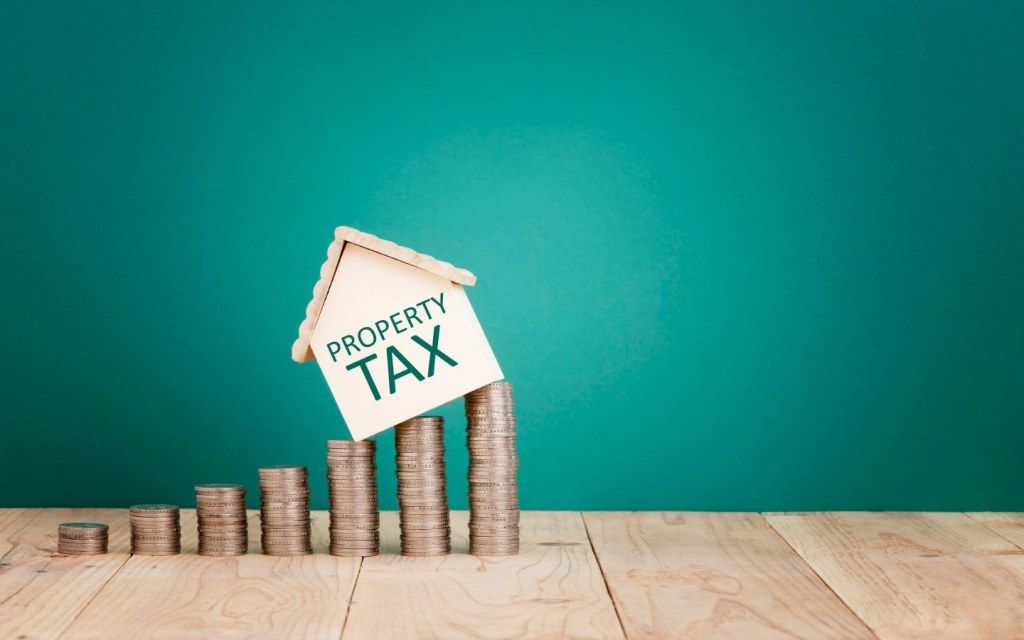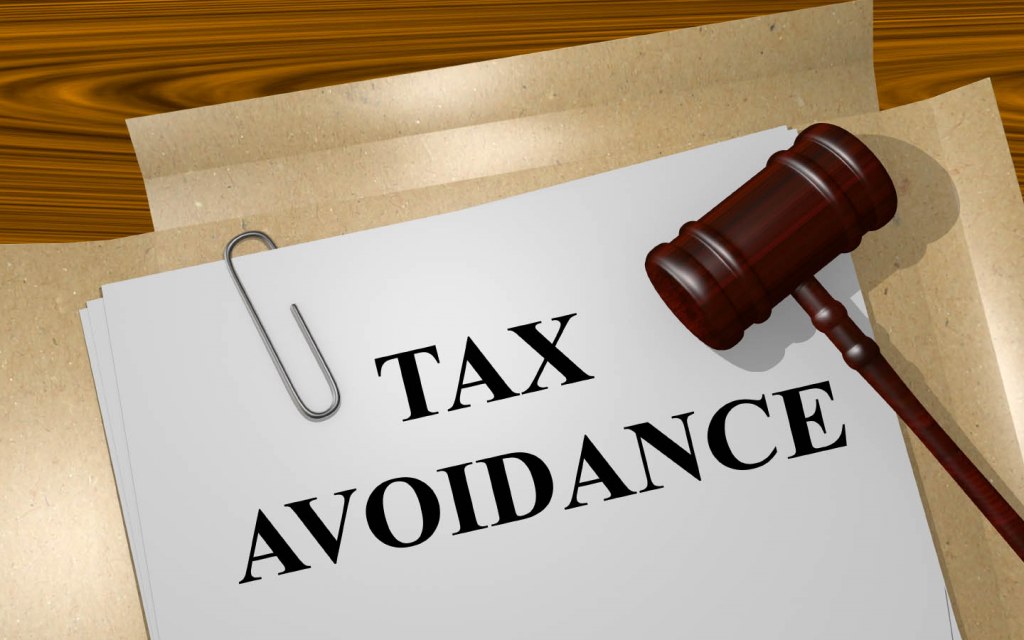Home » Laws & Taxes » Budget 2019-20: What’s in Store for Pakistan’s Real Estate Sector?
On June 11, State Minister for Revenue Hammad Azhar announced the government’s maiden budget for the Fiscal Year 2019-20 in an impassioned speech before a full-house session of the National Assembly. What follows is a detailed look at the sections of this budget that concern the country’s real estate sector, and its impact on the same.
Contextualising this Development
As the minister noted, the previous government had focused mainly on increasing the FBR’s revenue generation capacity through a variety of measures; which included, famously, the introduction of the ‘non-filer’ status for non-tax registering/paying individuals who were subsequently charged with higher tax penalties.
The minister stated that the current government would not be following the same approach – its modus operandi, on the other hand, would be to expand the tax base and document the economy.
None of these are new or unexpected developments, by any stretch; even the former government had placed at least a partial focus on minutely formalising the economy – and the real estate sector, in particular. Moreover, the process was primed to continue (as communicated in repeated ministerial press engagements). So this is exactly what happened.
Below, we’ve listed some of the real estate-specific taxation highlights of the new budget, along with concise analytical takes on what they can mean for the working of the sector as well as the individuals affiliated with it.
FBR Property Valuation Rates to be raised to 85% of Market Value

For many months now, the government has been looking to raise FBR property valuation rates to equal the market value of their corresponding properties. So the following measures have been proposed in the current budget for inching closer towards the realisation of this end:
- FBR valuations of properties will be raised to 85% of their market values.
- Previously, property owners had been allowed to register their immovable assets by paying a 3% additional tax rate on the monetary difference between their DC rates and their FBR rates. This ‘amnesty scheme’ provision was announced after the introduction of the FBR rates during the tenure of the former government. On a practical footing, this allowance meant that a property holder was no longer required to explain the source of funding of the difference amount between the DC value and the FBR value of a particular piece of real estate – after payment of the 3% additional tax rate on this figure had been deposited.
This ‘white washing’ caveat (documentary loophole, if you will) now stands withdrawn – as indicated in Minister Azhar’s budget declaration.
Furthermore, this development means that it has now become all the more critical for property owners to avail the current government’s amnesty scheme asset declaration cover before its June 30 deadline sets in – otherwise they may stand to face inquiries regarding their sources of real estate financing.
Lowered Withholding Tax Rate

In the budget, the following measures have been proposed which will affect the Withholding Tax (WHT) rate imposed on property transfer cases:
- The rate of WHT levied on the purchase of property has been reduced from 2% to 1% of its total value.
- Previously, the WHT was only imposed on the purchase of property valued higher than PKR 4 million. This ceiling has been abolished. WHT will now be imposed on all properties; irrespective of their value.
- Previously, no WHT was collected on the sale of property if it was sold after three years of purchase. This time limit has now been raised to five years. Any property sold within five years of purchase will be taxed at a rate of 1% of its total value.
The Case of Non-Filers

The government’s former finance minister Asad Umar announced a couple of months ago that the bar on non-filers buying property valued higher than PKR 5 million would soon be lifted. This provision has now been introduced in this budget.
Technically, non-filers of income tax returns will now be able to purchase property that amounts to more than PKR 5 million. At the same time, however, the current budget seems to have done away with the entire concept of a ‘non-filer’ status from Pakistan’s legal lexicon.
People who are legally required to file their taxes can now be liable to face prosecution if they don’t do so. Moreover, they will be required to pay double the federal taxes (not provincial) in all cases, whether they buy property, cars or perform any other taxable transactions.
So putting all this concisely, non-filers can buy property worth more than PKR 5 million under the new budgetary framework; but they will have to pay double the taxes, and probably have investigative proceedings initiated against them. Now, just to be clear, double the tax for non-filers is not new in most cases, but with this move it has been standardised and imposed more or less across the board.
New Capital Gains Tax Regime for Immovable Properties

Previously, the Capital Gains Tax (CGT) on immovable properties had been calculated separately; with the rate of the said tax dependent on how long the property was held – up to a period of three years.
As per Tuesday’s budgetary announcement, the income accrued through capital gains would now be brought under the government’s normal income tax regime, and taxed at normal rates.
The State Minister for Revenue mentioned further in the budget speech that the capital gains would be revised down on ‘the basis of net present value (NPV).’ However, this provision has not been introduced in the actual bill.
Nevertheless, if introduced, what it would mean is that the gains would not be calculated in absolute terms, rather they would be based on the difference between current NPV and the sale price, instead of the purchase price and sale price.
It should be noted that the net present value of the property continues rising on the basis of inflation rates each year.
The example below will further clarify this:
A person buys a 5-marla plot at a price of PKR 2,000,000 at the beginning of 2017. For the purpose of this example, let’s assume that the rate of inflation remains stable at 7% each subsequent year. Then, the NPV of the property in 2018 will be PKR 2,140,000; in 2019, it will be PKR 2,289,800; and, in 2020, it will be PKR 2,450,086.
Then, if the person sells the property after three years at a price of PKR 2,500,000, here’s how they will be calculating their actual gains:
| Price paid at the time of purchase | PKR 2,000,000 |
| Price received at the time of sale | PKR 2,500,000 |
| NPV at the time of Sale (Three years later) | PKR 2,450,086 |
| Actual Gains | 49,914 |
Therefore, the actual gains for the person’s income will be calculated at PKR 49,914 and they will be taxed on this value.
In the bill on the other hand, the calculation of capital gains have been provided in the following manner:
In case of plots
- If the plot is sold within the first year of purchase, 100% of the gains will be taxed.
- If the plot is sold after the first year but before ten years of purchase, 75% of the gains will be taxed.
- If the property is sold after 10 years of purchase, no gains tax will be levied.
In case of constructed property
- If the property is sold within the first year of purchase, 100% of the gains will be taxed.
- If sold after one year but before the elapse of the fifth year, 75% of the gains will be taxed.
- Gains will not be taxed if the property is sold after five years of ownership.
Involvement of Banks in Purchases of Property – now a mandatory proceeding

Although non-filers have now been allowed to purchase properties individually valued higher than PKR 5 million, all such acquisitions will have to be processed through crossed banking instruments – otherwise, the property pursuant would be required to pay an additional 5% penalty on the FBR value of the real estate considered.
Apart from this fine, the new budget speech’s official transcript states that, “the deductions in respect of depreciation and amortization for such assets (not processed through proper banking channels) will also not be allowed.” Moreover, the amount declared in the property’s purchase agreement (for real estate procured in this way) will also not be considered for the calculation of any gains when it is later put up for sale.
In Summation…
While these are the changes that will have a direct bearing on the functioning of the real estate sector, the government has also introduced a number of other measures in the budget that are mainly targeted at enlarging the tax base, and compelling citizens to file their income tax returns promptly.
With all this said, however, it largely remains to be seen how all these tax/penalty amendments will be received by the public, and how they will, in actuality, affect real estate dynamics across the country. One thing, however, is certain: The government’s efficacy in enforcing these regulations through wisely orchestrated executive moves will prove to be the most notable determinant of the socio-political stability of this post-budget unfolding period.



